I know that our readers have led varied and colorful lives, but I would suggest that few, if indeed any, of you have spent decades cowering under the daily terror of a fatwah imposed upon you by a totalitarian state because of a literary novel that you once wrote. I would also suggest that, when Salman Rushdie — for he had that dubious privilege — emerged from a lengthy, frightening and tedious period of hiding, he chose to immerse himself in the social life of both London and the United States to show that he was not afraid, and that the threats and grimacing of extremists did not mean that he was not entitled to lead his own version of his best life. He was right to do so. And then, on August 12, 2022, at the Chautauqua Institute, he was very nearly shown that he was, in fact, still a marked man.
Two and a half years later, his would-be killer Hadi Matar has been found guilty of attempted murder and will be sentenced in April. It would be surprising, even astonishing, if Matar was not given the full twenty-five-year tariff for his crime. He has shown no signs of remorse, unless muttering “Free Palestine” as a mantra can be taken as some sort of admission of guilt, and seems to regard what he has done as nothing less than his duty. Still, now that he has a hefty custodial sentence under his belt from state court, he can expect another trial shortly on terrorism charges at federal level. Should he be found guilty of those, and somehow evade the death penalty, he is unlikely ever to see the outside of the penal system ever again.
This is unlikely to be of any great consolation to Rushdie, who suffered life-changing injuries at his literary event during Matar’s frenzied assault. He has lost the sight in his right eye — as he demonstrated, to inevitably upsetting effect, to the jury during the most recent trial — and has also been severely hurt in several less visible places. The seventy-seven-year old author has written a deservedly bestselling book about his ordeal, Knife, in which he mused about how he would react to seeing his assailant in the dock. In the event, he deliberately chose to avoid looking at him or offering anything other than the facts of the case — but given that he writes explicitly how little he wanted to remember the events of that traumatic day, he can hardly be blamed for his recalcitrance.
Salman Rushdie may not be the most famous writer working today, or everyone’s favorite literary novelist. But his actions over the past few years have shown a breathtaking degree of courage and bravery that it is hard to imagine many of his peers matching. This extends to dealing with the hypocrisy of the “woke” Anglo-American literary establishment, too. When the increasingly pathetic Royal Society of Literature in Britain refused to support him after the attack, whining that “it cannot take sides in writers’ controversies and issues, but must remain impartial”, he wrote, sharply and pointedly on X, “Just wondering if the Royal Society of Literature is ‘impartial’ about attempted murder, @BernardineEvari? (Asking for a friend.)” It was devastating in its anger and restraint, and has contributed, deservedly, to the spiraling contempt in which that institution is held.
No writer wants to endure a near-death experience just to become relevant. Rushdie, understandably, believed that he had suffered enough terror for one lifetime, until long stretches of inertia and boredom inexorably turned into a horrific, devastating ordeal. Yet he has survived the worst and has emerged stronger as a result. As his pathetic and cowardly assailant should prepare for a lifetime without the prospect of release, anyone who cares about the value of free speech should look at his victim, with a working eye that can glare but wink, too — and show him the respect that he thoroughly deserves.



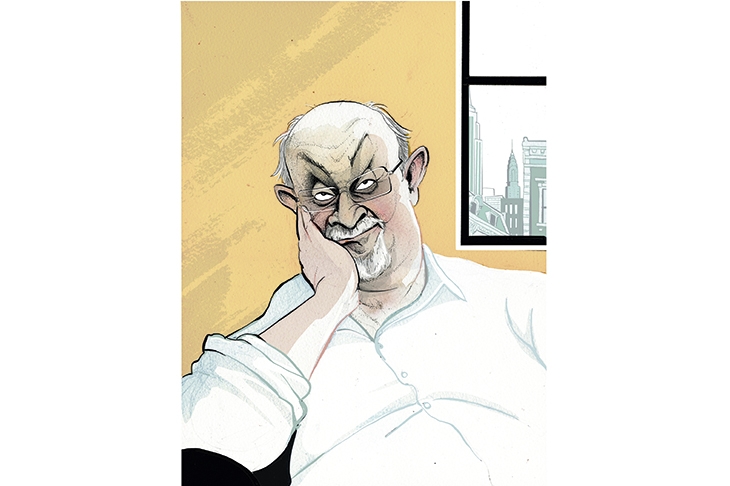






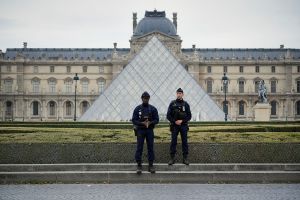



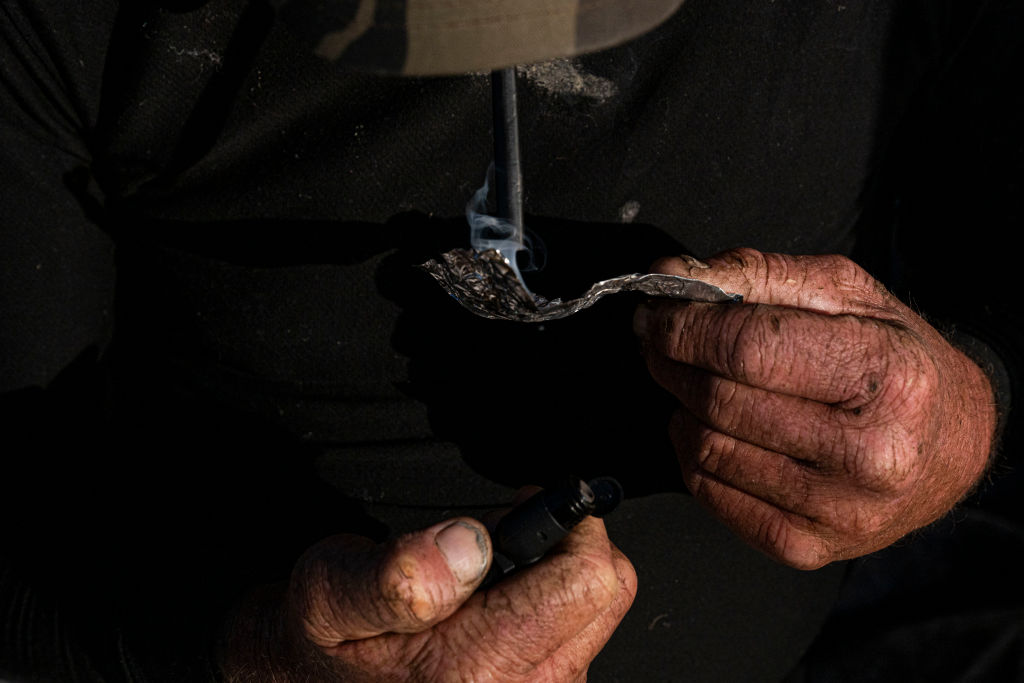


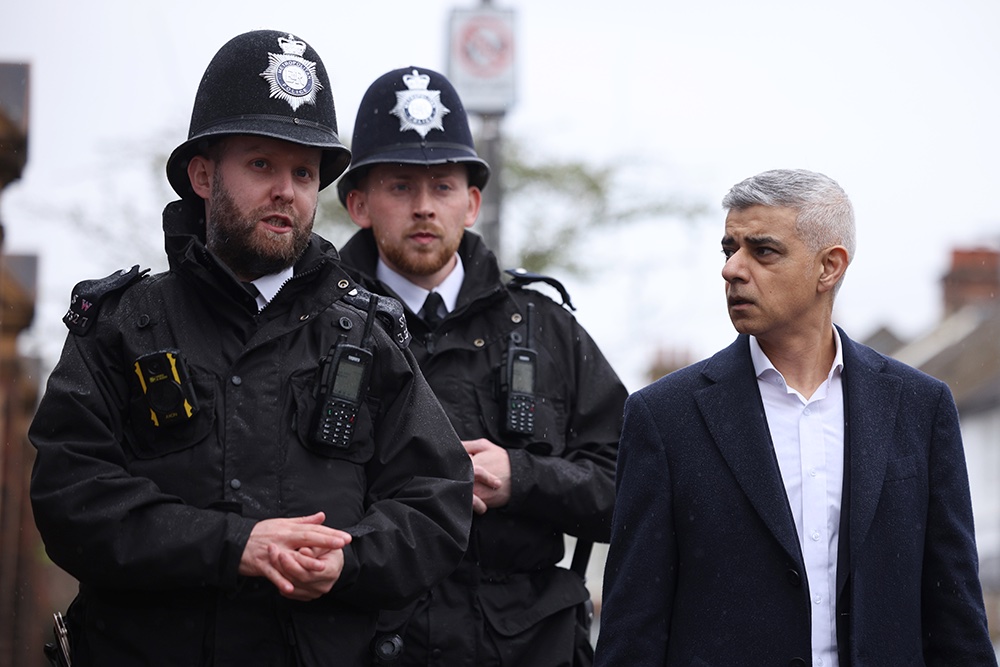
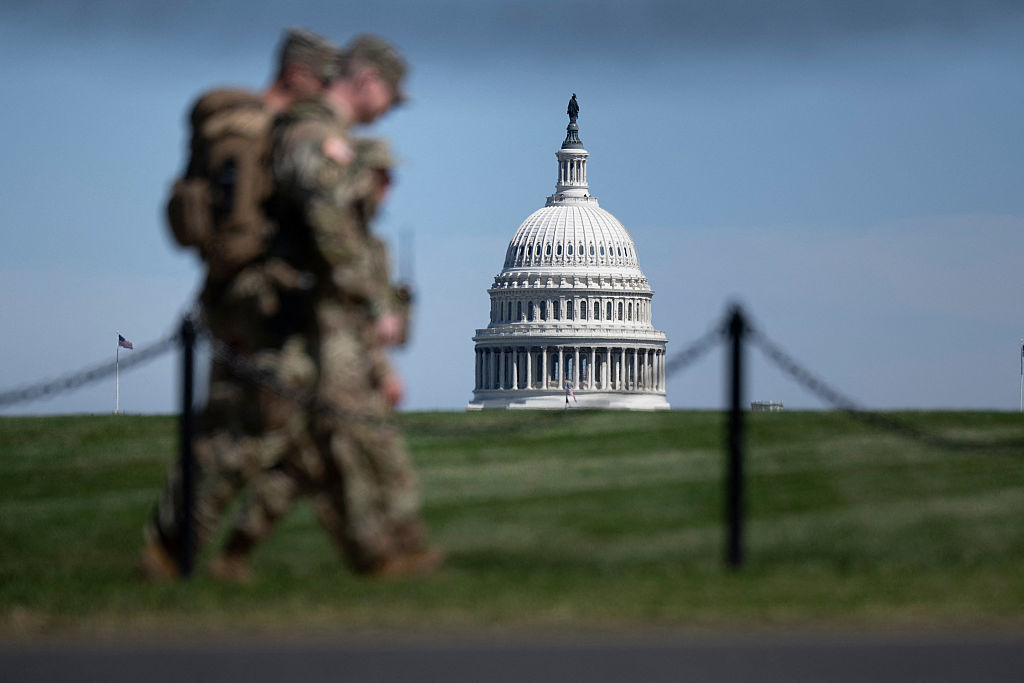







Leave a Reply